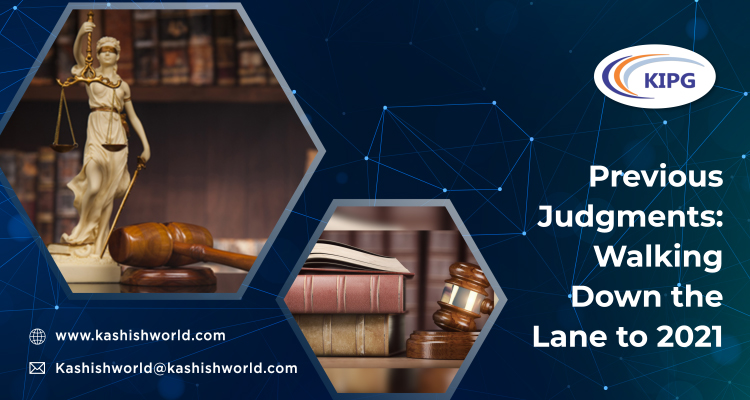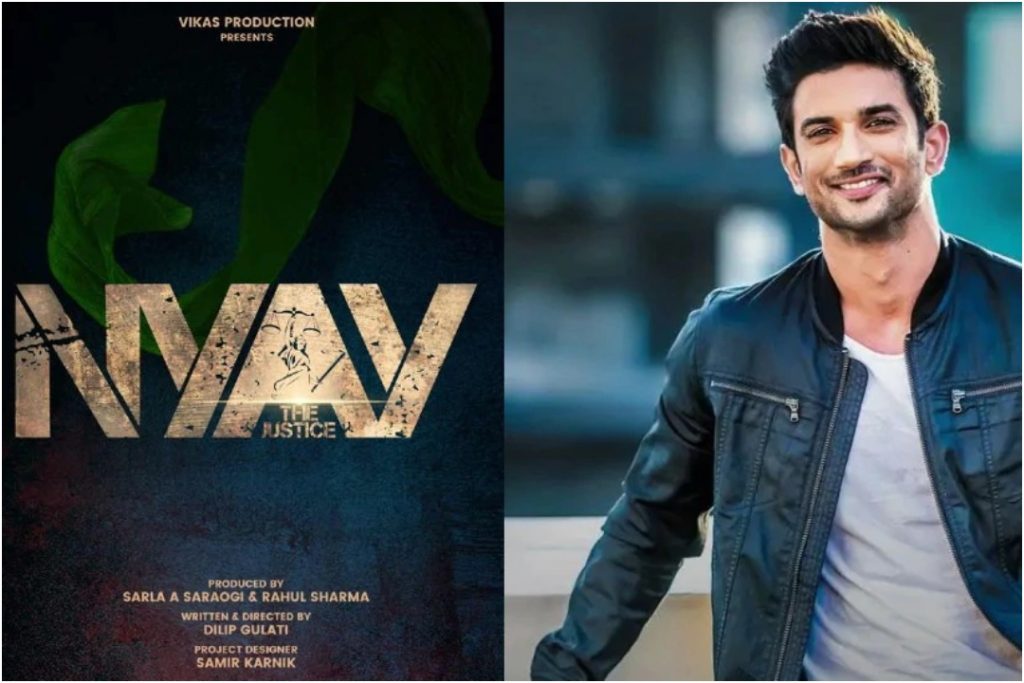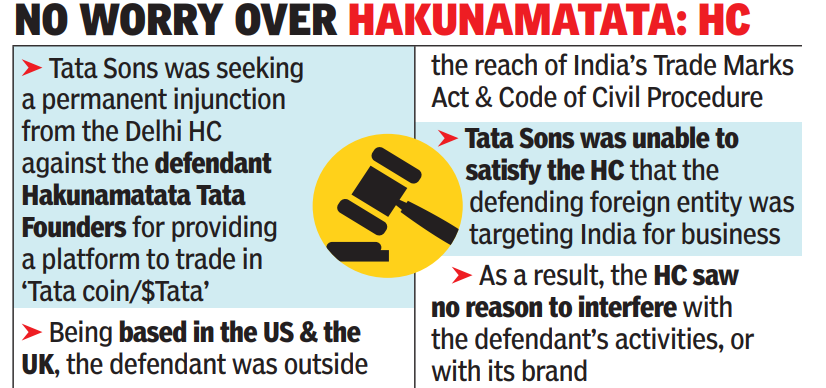
- The Indian Performing Rights Society Ltd. v. Entertainment Network (India) Ltd., Delhi High Court, 4th January 2021
The case was brought forth to the Delhi High Court to seek relief against the infringement of Intellectual Property Rights (IPRs) concerning both sound recordings and the underlying literary and musical works, which meant that separate licenses would be required to be taken for each one of these. However, contrary to the precedents set by the Delhi High Court, the Court held that the underlying works were not utilized while making use of a sound recording, and hence, no royalty shall be charged as no permission is required from the authors of the underlying works. It raises a lot of questions as to whether or not this is what the legislature intended while amending the Copyright Act in 2012.
- India’s First Anti-Anti-Suit Injunction: InterDigital Technology Corp. & Ors. v. Xiaomi Corp. & Ors., Delhi High Court

InterDigital filed a suit against Xiaomi Corp. for infringing their Standard Essential Patents (SEPs) thereby, praying for the determination of a Fair, Reasonable, and Non-Discriminatory (FRAND) royalty rate. Before this suit, a case had already been filed in the Wuhan Court where an anti-suit injunction was passed against the Plaintiff. InterDigital sought to set aside this anti-suit injunction while applying to the Delhi High Court for an anti-anti-suit injunction by stating that it is restrictive in practice.
The Delhi High Court decided in favor of the Plaintiff, stating the matter for adjudication before both the courts were different from one another, which is why the anti-suit injunction passed by the Wuhan Court would cease to have effect in the concurrent matter. However, this controversial standpoint is most likely to result in a series of other conflicts since both the Wuhan Court and the Delhi High Court will soon deduce the FRAND rates applicable; eventually, the overlapping of these rates is inescapable. Therefore, this decision is a doorway to newfound confusion.
- Krishna Kishore Singh v. Sarla A. Saraogi & Ors., Delhi High Court

This case deals with post-partum personality rights of the late actor Sushant Singh Rajput wherein the Plaintiff filed a suit to restrain the Defendants from using Sushant’s name or personality in movies or series, namely, ‘NYAY- The Justice, Suicide or Murder’ as it violated Article 21, including publicity rights.
The Court concluded that celebrity rights end with the end of the lifecycle of a celebrity, and a declaimer used by the Defendant sufficiently bolstered against any infringement. The Court held that the freedom of expression prevails over Article 21, and hence, no rights of publicity in the said film or series stand infringed.
4.Sony Pictures Network India Pvt. Ltd. v. www.sportsala.tv & Ors., High Court of Delhi, CS (COMM) 289/2021
In this case, the Plaintiff had filed a suit seeking a permanent injunction against reproducing, distributing, and broadcasting the cricket matches held during India’s tours to England and Sri Lanka.
The Court decided in favor of the Plaintiff, which included not only the direct infringers but also their redirects, mirrors, and alpha-numeric versions. An order was also passed requiring the internet service providers to block rogue websites.
- Google LLC v. Oracle America, Inc., United States Court of Appeals

The longstanding case dealt with Google, which, while developing its android system, made abundant and substantial use of an Application Programming Interface (API) that belonged to Java programming language, presently owned by Oracle America.
The Court re-read the rules under the Doctrine of Fair Use and decided in favor of public interest and proliferation of smartphone technology. The Court held that there was no infringement case as the Android system was not intended to substitute the Java SE and the Applicant’s use was de minimis. This ruling has raised eyebrows since the dissenting minority (6:2) opined on the stance and intent of the Copyright Law on software.
- Income Tax Commission v. Engineering Analysis Centre for Excellence Private Limited
This case threw light on the extent of the applicability of the copyright Doctrine of Exhaustion in the realm of software and online products and as to whether or not they can be regulated under the EULA (End-User Licensing Agreement). The High Court adjudged that the software in question consisted of certain interests in their copyright, which account to be held as ‘income’ under the Income Tax Act, and therefore, require the deduction of the said tax at the source itself.
Furthermore, the Court, while deducing the intent of the law-makers, held that the doctrine of exhaustion extends to computer programs as the legislature removed the expression “despite whether such copy has been given/sold on hire on previous occasions” from Section 14(b)(ii) in the Copyright Amendment Act, 1999. The Court also held that when a copyrighted work is conveyed to a distributor, it does not automatically lead to the first sale.
- H Lundbeck A/S v. Hetero Drugs Ltd [Delhi High Court]
In this case, the Delhi High Court expanded the scope of rights afforded to the proprietor under section 48 of the Patents Act while interpreting Section 107 of the said legislation. There was an anti-depressant involved, namely, ‘Vortioxetin,’ the API (Active Pharmaceutical Ingredient) of which was alleged to be imported and then exported by Hetero Drugs.
Herter Drugs defended themselves, stating that the drug was not used in India in commercial parlance and was only being utilized for research and development purposes. The Court, while interpreting the word, held that an act of import or export is said to fall within the premise of ‘use,’ especially when Hetero failed to prove that the use was for research.
- Golden Tobie Private Ltd. v. Golden Tobacco Ltd
The Delhi High Court clarified the standpoint of the Supreme Court in the precedent set under Vidya Drolia and Ors v. Durga Trading Company wherein it was held that certain disputes are not arbitrable and the grand issue of patents as well as registration of marks also fell in the like bracket since these are sovereign rights exercised by governmental authorities only. In the current case, the Plaintiff was granted a trademark license that was non-transferable and non-assignable in nature through an agreement for selling and making available the Defendant’s brand to national and international audiences.
The Court herein stated that there is a difference between cases directly dealing with Intellectual Property (IP) issues arising directly in cases and the ones that are indirectly concerning IP. Therefore, the case established that the bar on the arbitrability of disputes about trademarks is not absolute in nature.
- Sun Pharmaceuticals Industries Ltd. v. Cipla Ltd
The Madras High Court in the case reaffirmed the seriousness of trademark and Copyright Infringement even if it lies against the public interest. In this case, Sun Pharmaceuticals was alleged to have infringed upon Cipla’s copyright and trademark, against which Cipla had filed for a permanent injunction. Sun pharma’s defense that the counterpart had stocked up enormous amounts of the trademarked goods, which were vital for patients suffering from major symptoms of Covid-19 virus and would expire if not consumed within a year’s duration, and therefore, the said litigation should be set aside to allow commercialization of the same served no good before the Court.
The Court held that the argument of public interest did not have any bearing on the question of Trademark Infringement, and therefore, no shelter could be sought in such name to promote violation of proprietary rights.
- Sanjay Soya Private Limited v. Narayani Trading Company
In this case, the Bombay High Court altered and addressed the flawed precedent laid under Dhiraj Dewani v. Sonal Infosystems, wherein it was held that proof of Copyright Registration is a prerequisite to claiming relief against copyright infringement. In this case, the Court, while stating the Dhiraj case, held that it is not necessary to have a copyright registration certificate to seek relief under the Act.
- Tata Sons Private Limited v. Hakunamatata Tata Founders

In this case, the Plaintiff approached the Court seeking a permanent injunction against the Defendant to restrain them from using the trademark ‘TATA’ as a part of their corporation’s name and domain name with their business established in the UK and the US. Since the Plaintiff failed to establish a case in their favor, the balance of convincing sided with the Defendants.
Therefore, the Court sided with the Defendants and concluded that the Trade Marks Act and the Civil Procedure Code are territorial in nature and do not extend beyond the borders of India. The like rule applies to entities established beyond the Indian jurisdiction. They are required to establish the connection between the activity of the foreign-seated defendants and India; moreover, specifically, the defendant’s intent to target India must be established.

